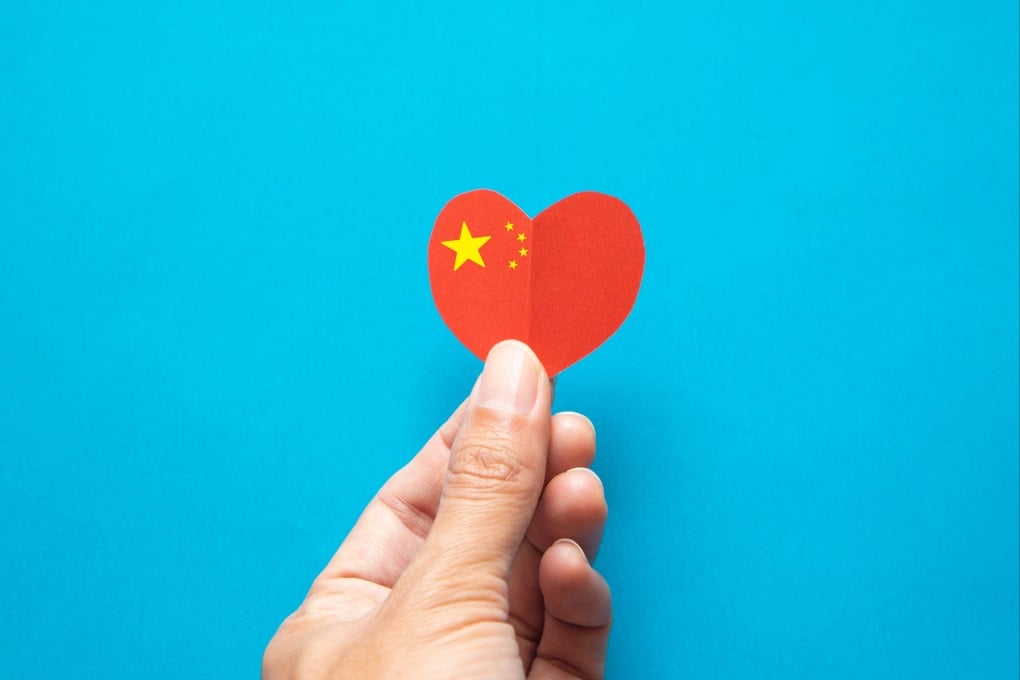Chinese charities struggling to raise funds as Covid-19 lockdowns and slowing economy bite
- Less chance of government funding amid fierce competition and heavier official scrutiny
- Many look online to Tencent’s 99 Giving Day fundraising drive for a much-needed boost

University student Wei Tianyu, who shared his experiences as a thalassaemia patient during a charity exhibition in Guangzhou on Wednesday, has had blood transfusions to treat the genetic blood disorder every three to four weeks since he was a baby.
Eight years ago, his mother founded the Guangzhou XLX Thalassaemia Service Centre, an NGO that seeks to educate people about the disease, helps patients in need and promotes standardised treatment. Like other Chinese charities, XLX – an abbreviation for “heart to heart” in Chinese – is finding it more difficult to raise funds nowadays.
Wei, now a third-year student majoring in financial management, has benefited from professional guidance and financial support provided by the centre. The 21-year-old is now a volunteer worker for XLX, but said it had been extremely difficult to raise money for the centre this year because restrictions imposed to contain sporadic outbreaks of Covid-19 had disrupted philanthropic activities across China.
“I’m truly happy that I can live to this day … but we thalassaemia patients are not in an optimistic situation,” he said at the exhibition of charity projects in Guangdong’s provincial capital. “The treatment cost is sky-high and a heavy blow to ordinary families. We need your help.”
XLX is among tens of thousands of charities and NGOs in China that have been battered by the Covid-19 pandemic over the past three years. Fewer organisations can obtain government funding amid fierce competition and heavier official scrutiny and fundraising foundations have witnessed a significant decrease of donations by businesses because of the sluggish economy.
As a result, charitable organisations that underpin the social welfare system – institutions ranging from supportive communities for autistic and disabled people, youth and elderly protection groups, to gender education bases and anti-domestic violence service centres – are facing challenges that affect their ability to help the communities they serve.
Chen Wenxiu, a project manager at XLX, said it had been particularly hard to apply for government funding this year. His project to deepen thalassaemia education and promote standardised treatment was one of 141 projects that received funding from Guangzhou’s Civil Affairs Bureau in June.
